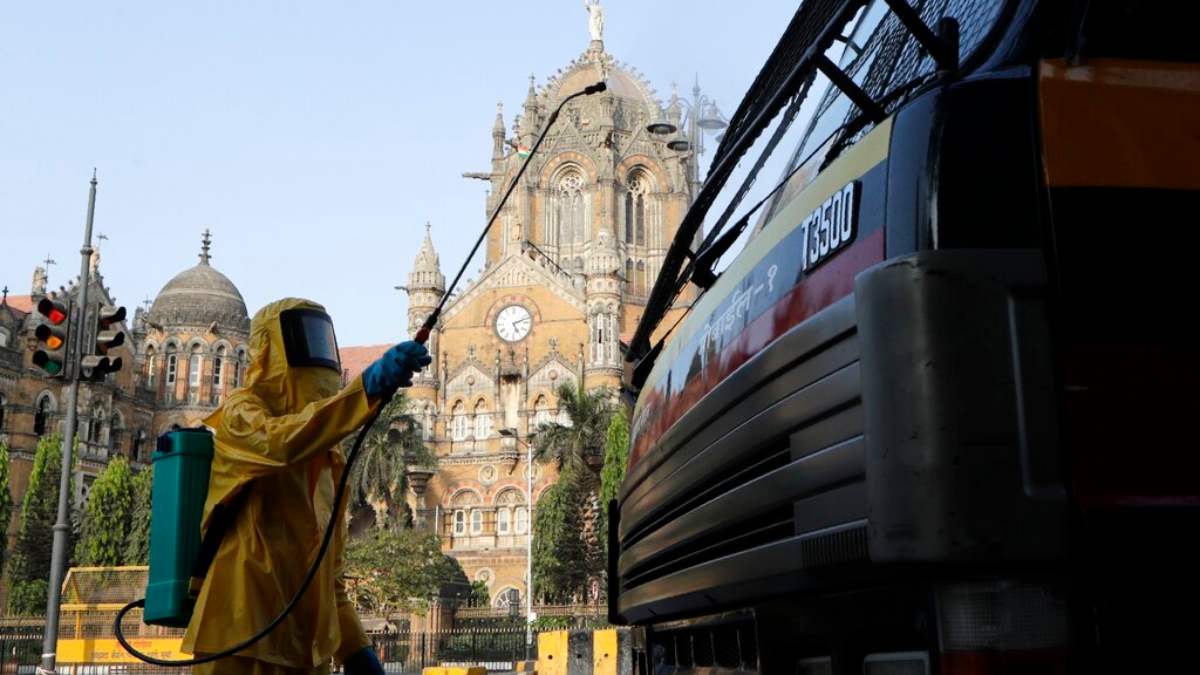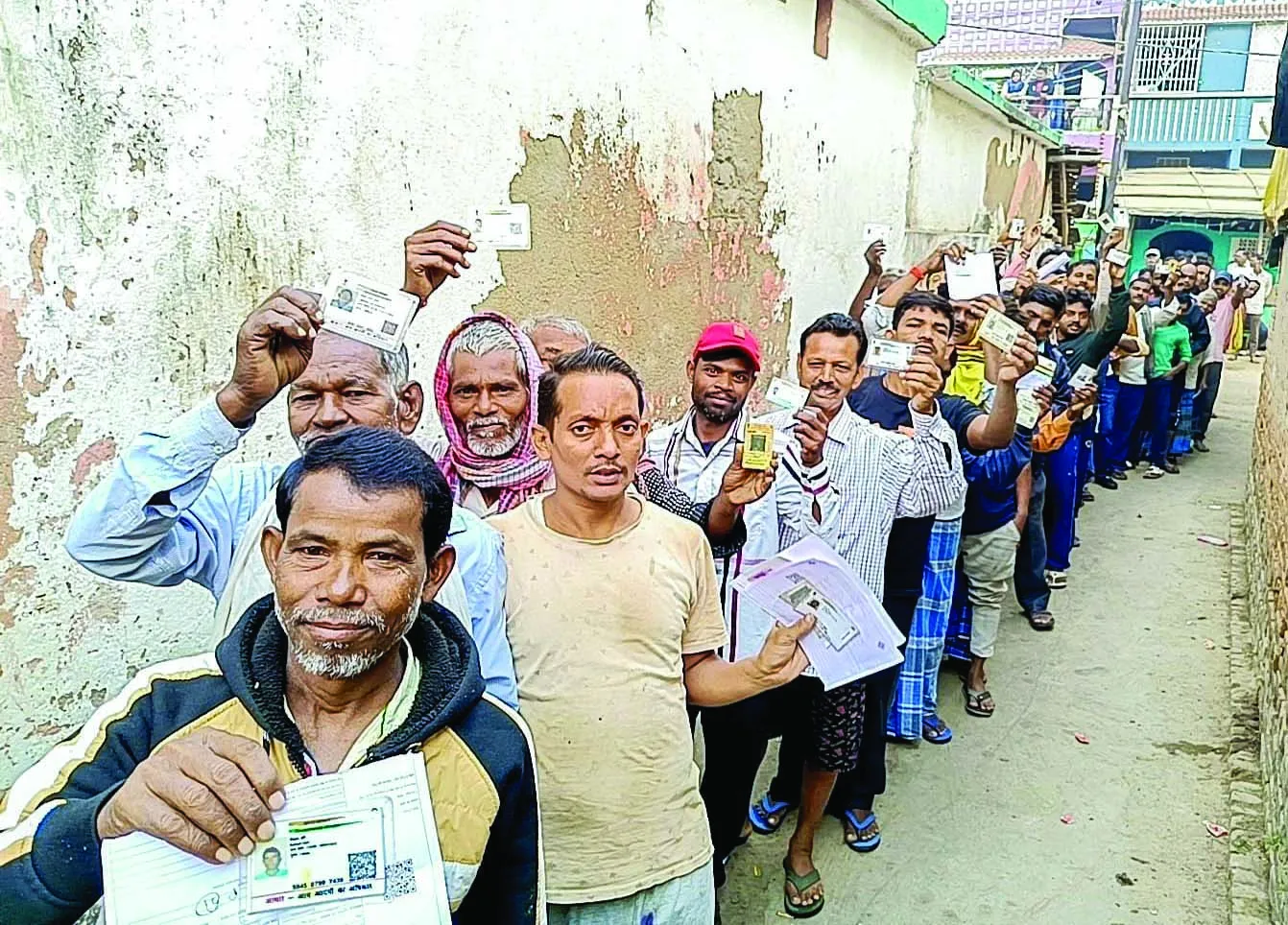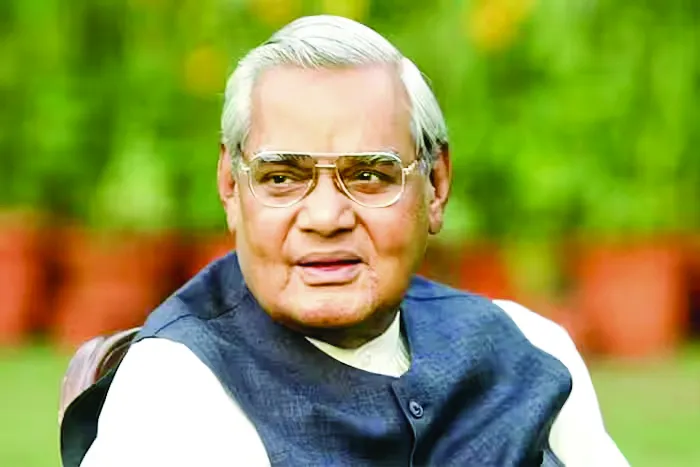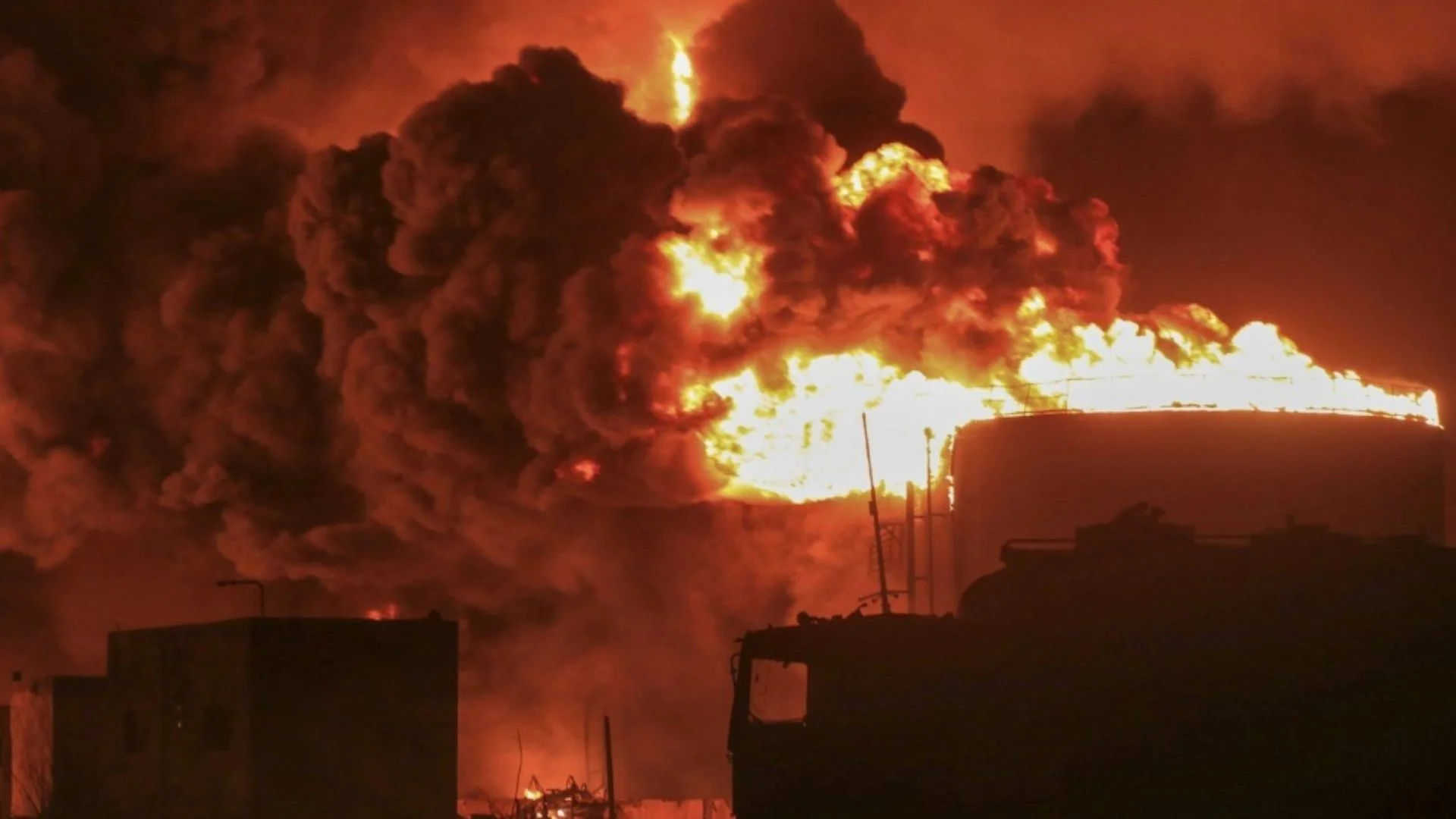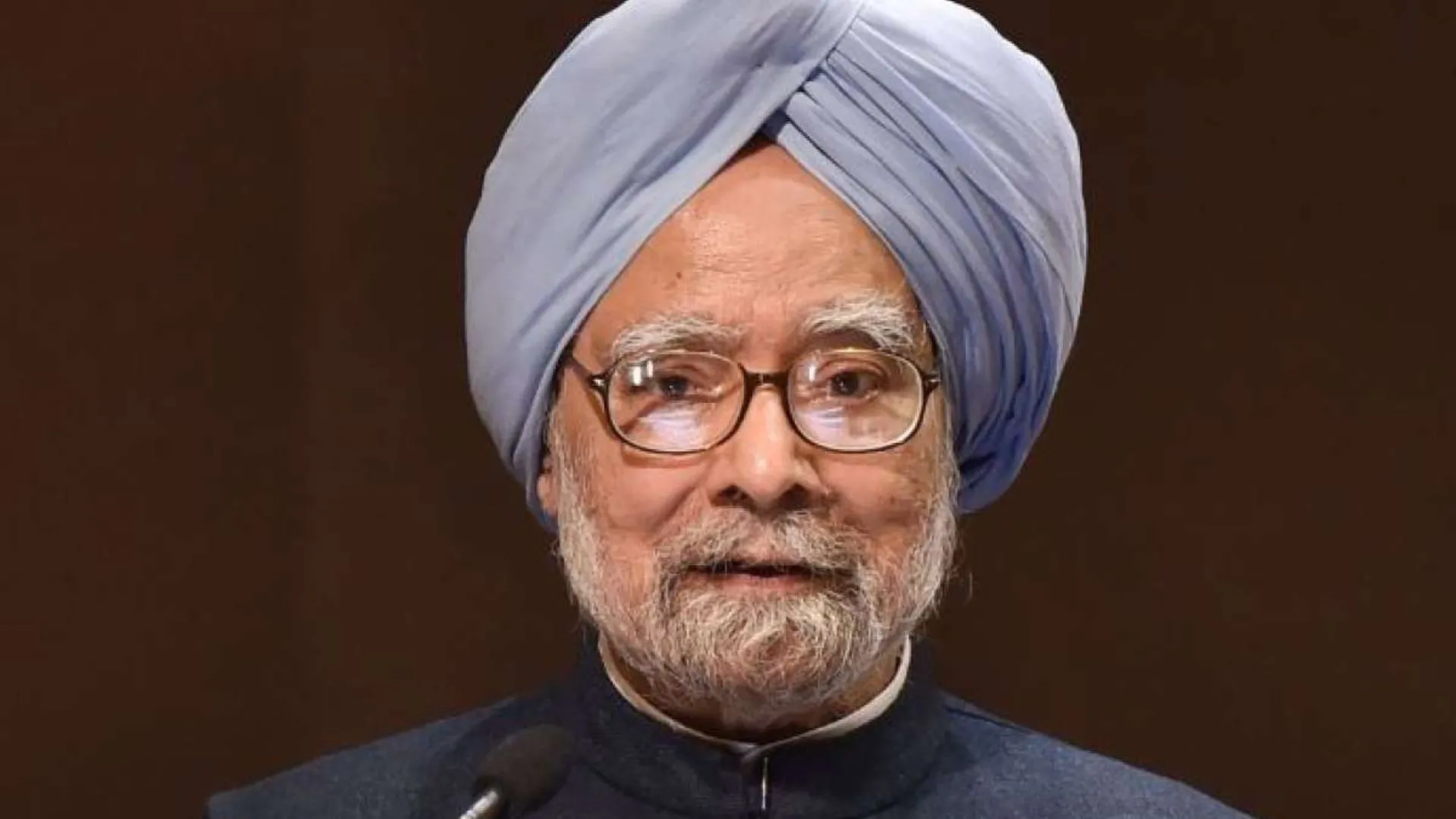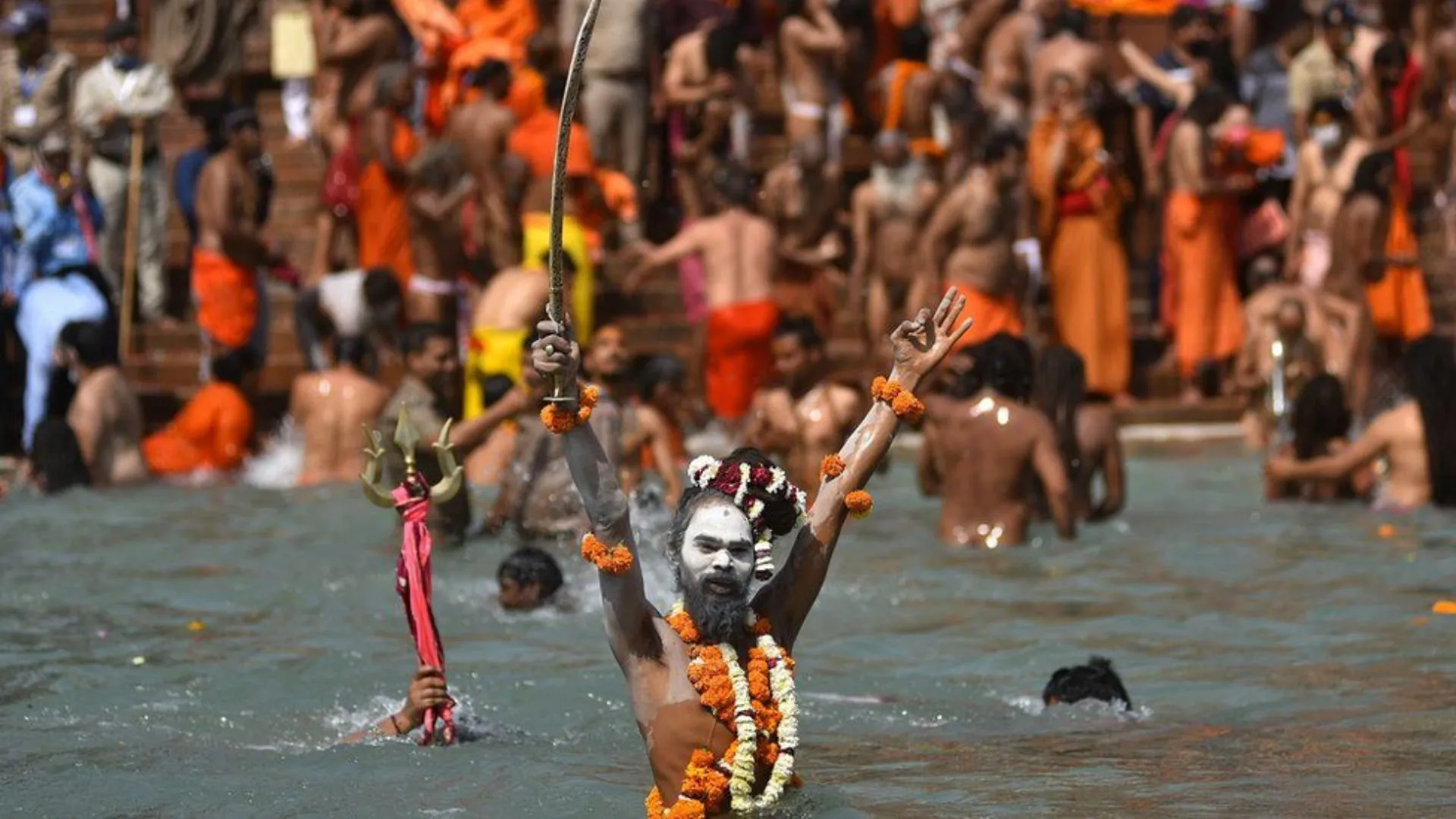Greater emphasis was laid on testing. Arrangements were made to ensure that results of the tests were made available within twenty- four hours. Mumbai became the only city in the country where all test reports would come within this period without exception.
Mumbai has been in the news for all the wrong reasons in the recent past. Even before that, it appeared that the relentless march and the devastating consequences of COVID couldn’t be taken care of in the metropolis. It spread like wildfire during the last week of April 2020. The slums of Mumbai, especially Dharavi, Govandi and Deonar were impacted. On account of limited testing facilities and short supply of COVID beds in the city of Mumbai, there were a number of deaths. Some dead bodies were even found on the streets and road dividers. One of the biggest slums of Asia, Dharavi with a population of 8,00,000 was visibly out of control. There were only around 3700 Covid beds available in the city and approximately 1500 people were reporting positive every day.
Social media was replete with videos depicting dead bodies on the road, more than one patient lying on many hospital beds, dead bodies kept on the hospital beds next to alive patient on the bed etc. Infected patients from slums of Mumbai were flocking hospitals gasping for breath and were dying within few hours of reaching the hospital. The death rate had gone beyond 8%. Municipal Corporation of Greater Mumbai (MCGM) had only 480 ICU beds, 80 Ambulances and 4 Hearse vehicles (for dead COVID patients). When the Central Government COVID Monitoring Team arrived at Mumbai on 5th May, 2020, it pointed out glaring deficiencies in Mumbai and how things were getting out of control. It added that Mumbai would explode leading to thousands of death in the near future. There was utter mismanagement and deficiency of resources in the fight against COVID in Mumbai. Even the media started raising the demand of handing over Mumbai to the army to combat COVID. Mumbai had become the hotspot in the country. There was panic all around and a sizeable number of citizens of Mumbai were fleeing to safer places. Sheer helplessness provided ready fodder or the national media as well. All this resulted in tremendous pressure on the state government. Left with not many options, the State Government shifted the incumbent Municipal Commissioner even before he had completed a year in this assignment. In his place an IAS officer, Iqbal Singh Chahal was asked to take over.
Prior to this posting, Chahal was Principal Secretary, Urban Development, Government of Maharashtra. In this capacity he was functioning as the Nodal Officer for monitoring of COVID situation in 36 districts and 27 Municipal Corporations of Maharashtra since March 21, 2020. Hence, he had a fair idea about prevailing situation in the city of Mumbai. Early morning on the very next day of taking over charge on 8th of May, 2020, he walked into COVID ICU of a hospitals to take stock of the ground reality. It was followed by 4 km. long walk in the containment zones of Dharavi slums to understand actual situation prevailing in these slums of Mumbai.
He was clear in his mind that there were only 4 pillars on which the foundation of COVID fight stood, viz. disciplined and focussed testing, large fleet of ambulances, immediate increase in the number of COVID hospital beds and substantial increase in the availability of trained para-medical and doctors in Mumbai. The focus had to be on testing, tracing, tracking, quarantine and treatment. Between 8th May 2020 and 1st August 2020, massive increase in health infrastructure was ensured under MCGM. Number of COVID beds were increased from 29,282 on 8th of May, 2020 to 88,953 by August, 2020. The total number of ICU beds were also increased from 480 to 1755 during the same period. Similarly, there was manifold increase in ventilator beds and ambulances.
Greater emphasis was laid on testing. Arrangements were made to ensure that results of the tests were made available within twenty four hours. Mumbai became the only city in the country where all tests reports would come within this period without exception. More than 7.50 lacs of RTPCR tests which is the gold standard, were conducted in the city. This is one of the highest in the country. With more than ten-fold increase in the number of ambulances from 80 to 825, it was ensured that they were available on call. A huge pool of trained para-medicals and doctors was created in the city. This was achieved through hiring retired doctors from Defence Services as well as the State and Central Government. More than 100 doctors and nurses were sourced from Kerala on loan. Around 800 MBBS intern students were deployed to manage the Ward War Rooms. IAS Officers were drafted to oversee daily administration of major hospitals in Mumbai. Consequent to these efforts, recoveries have gone beyond 80% and the death rate that was initially 8% in the month of April came down to almost half within a month and finally down to 1.8 %.
MCGM rose to the occasion in the fight against COVID. Through a wellplanned, path-breaking and effective initiatives, the Corporation, under inspired leadership of Iqbal Sigh Chahal, managed to take care of COVID related crisis substantially in Mumbai though the battle is still far from over.
Anil Swarup has served as the head of the Project Monitoring Group, which is currently under the Prime Minister’s Office. He has also served as Secretary, Ministry of Coal and Secretary, Ministry of School Education.

